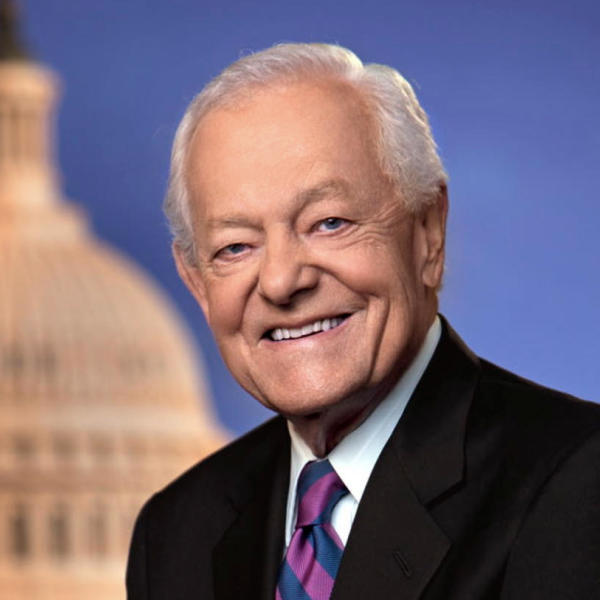Maybe We Should End Primary Elections
I'm not much for radical change, but watching the toxic partisan debate over health care made me take notice of a proposal by Phil Keisling, a former Oregon Secretary of State.
Writing in The New York Times last week, he said, "If we want to get serious about reducing hyper-partisanship and legislative dysfunction, then just eliminate party primary elections."
As you know, most states allow political parties to hold primaries to choose their candidates. But Keisling notes what we often overlook: Not many people vote in these primaries! [In 2006, fewer than five percent in New York, no more than 15 to 30 percent in most states.]
In Texas this year, there was a record high primary turnout - 16 and a half percent.
What this means is that those who DO vote in the primaries are the most partisan activists, the parties' base - the most conservative Republicans, the most liberal Democrats.
To win a primary, Democratic candidates have to move left, Republicans right, which leaves candidates stuck with positions less moderate than most people who vote in general elections - and worse, positions from which they can't compromise once they reach Washington.
To change this, Keisling proposes that every candidate - Republicans, Democrats, Independents - all run together in one non-partisan primary with the top two, whatever their party, facing off in November.
This wouldn't be a cure-all, but Keisling believes it would reduce the disproportionate power the current process gives to the shrillest and most mean-spirited partisans.
For sure, the result couldn't be worse than what our current system has produced.
